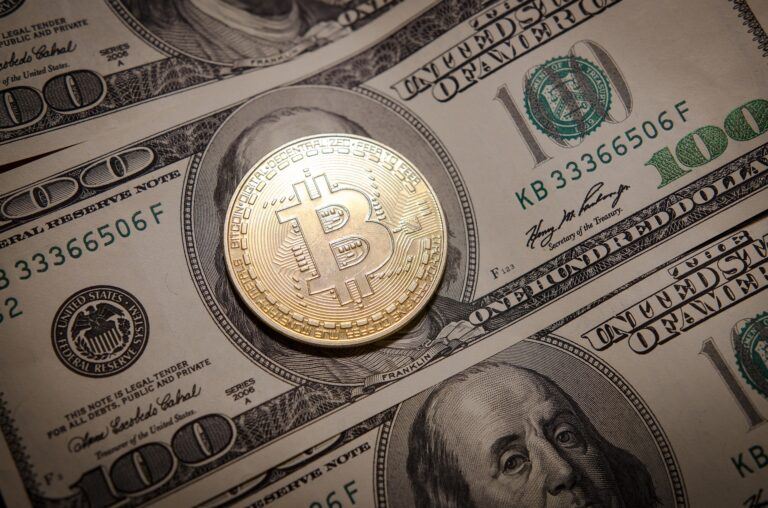Anchorage Digital, a pioneering crypto platform offering comprehensive financial services and infrastructure solutions, is experiencing a remarkable upswing in institutional interest in the crypto sector.
As shared in an interview with The Block, Diogo Mónica, the co-founder and president of Anchorage Digital, disclosed that the firm’s assets have swelled by 80% in Q1 2023, despite the prevailing bear market. This surge underscores the expanding institutional appetite for crypto, even as the broader market faces contraction.
He said:
“I think the best description right now for institutional participation is that institutions are staying, and their growing interest and appetite. The curious thing is that we don’t see that from the outside. We, at Anchorage, see it from the inside. As you know, we’re institutionally focused.
“But these companies have started in the past two years actually participating in the ecosystem and starting projects that take 18 to 24 months for these large organizations, especially for something like crypto that has to be so carefully thought through before it’s launched. So now, these ETFs for BlackRock and all of these things are coming out. And so what you’re seeing is actually the continued carried momentum with crypto, in the fact that institutions are not shying away from it.“
Anchorage Digital, the sole federally chartered crypto bank in the U.S., has carved out a unique regulatory niche for itself, providing a degree of certainty that other crypto entities lack. This has enabled the firm to offer services such as Ethereum staking, which has seen a significant rise in interest from depositors.
However, Mónica acknowledges the regulatory hurdles that the crypto industry continues to grapple with, particularly in the U.S. He advocates for more federal-level regulation, arguing that it offers a higher degree of scrutiny and mitigates the risk of arbitrary decisions by individual state courts.
Mónica also points out that the regulatory ambiguity in the U.S. is prompting some companies to explore opportunities overseas. He lauds Europe and Singapore for their proactive approach to crypto regulation, noting that Europe’s Markets in Crypto Assets (MiCA) regulation offers much more clarity than current U.S. regulations, while Singapore’s regulatory regime is thorough and demanding.
Yet, he cautions that the U.S. risks losing its leading position in the crypto market if it fails to provide clearer regulation. He urges U.S. lawmakers and regulators to focus on fundamental issues such as regulating stablecoins and determining which regulator has jurisdiction over digital assets.
Featured Image Credit: Photo / illustration by petre_barlea via Pixabay









